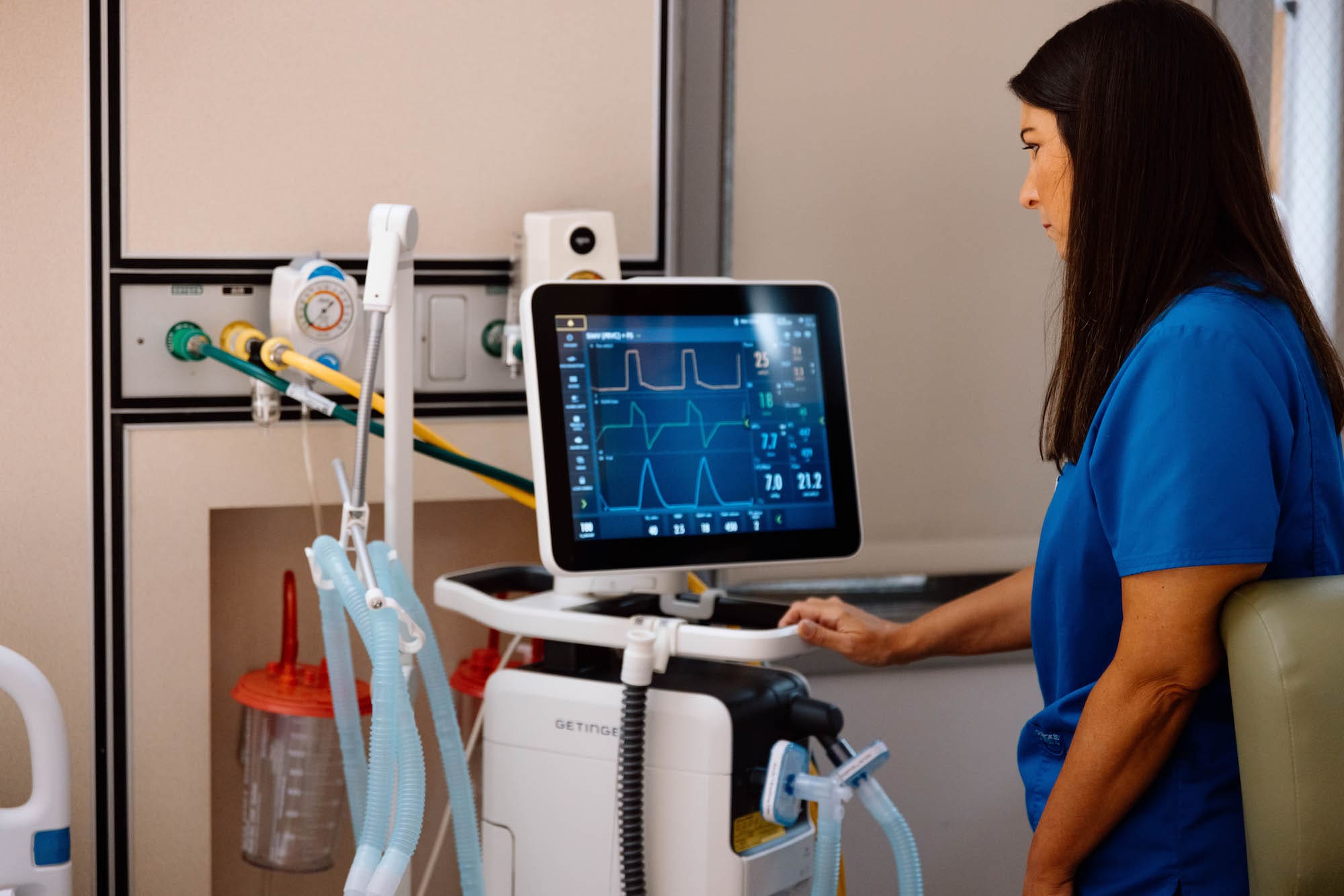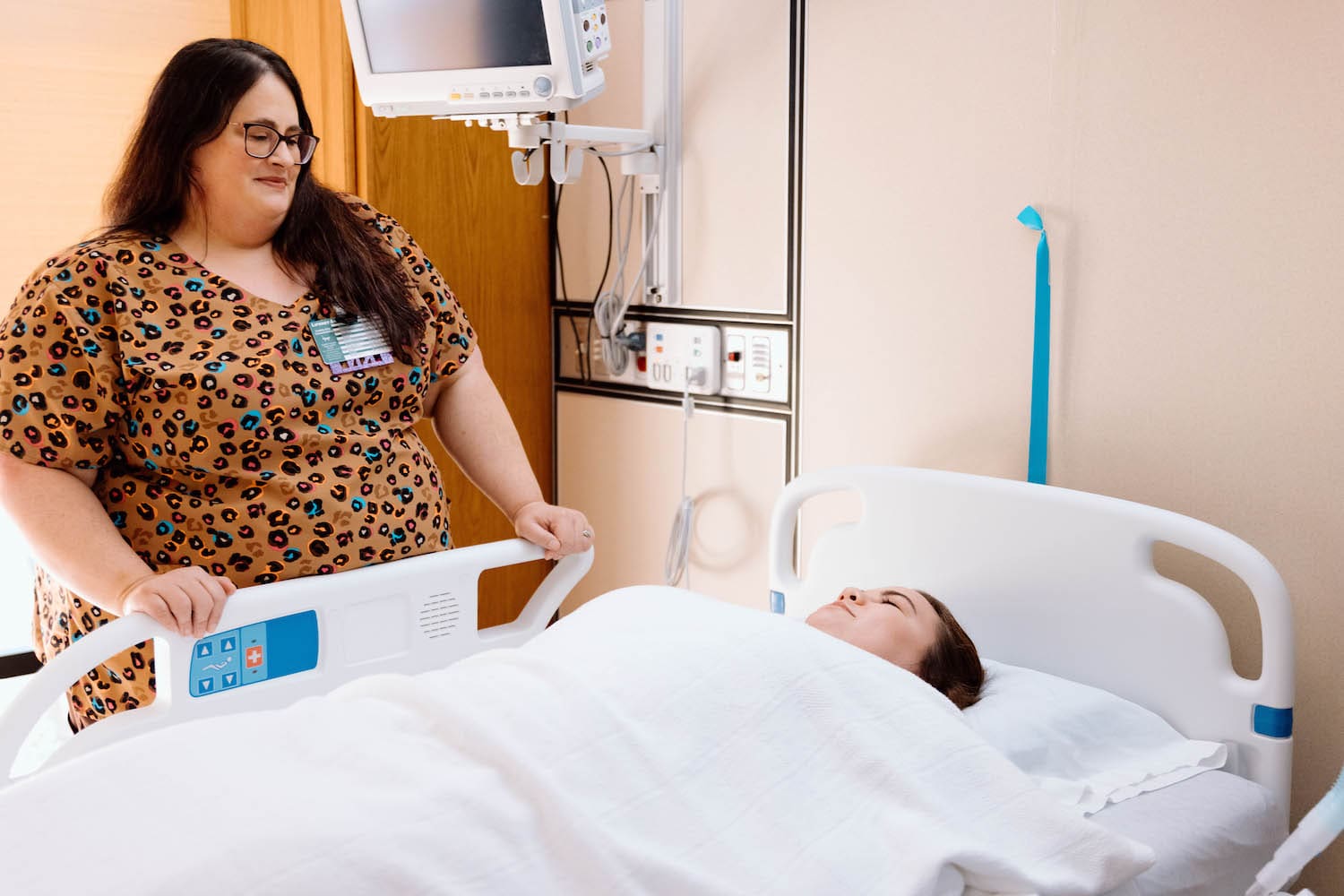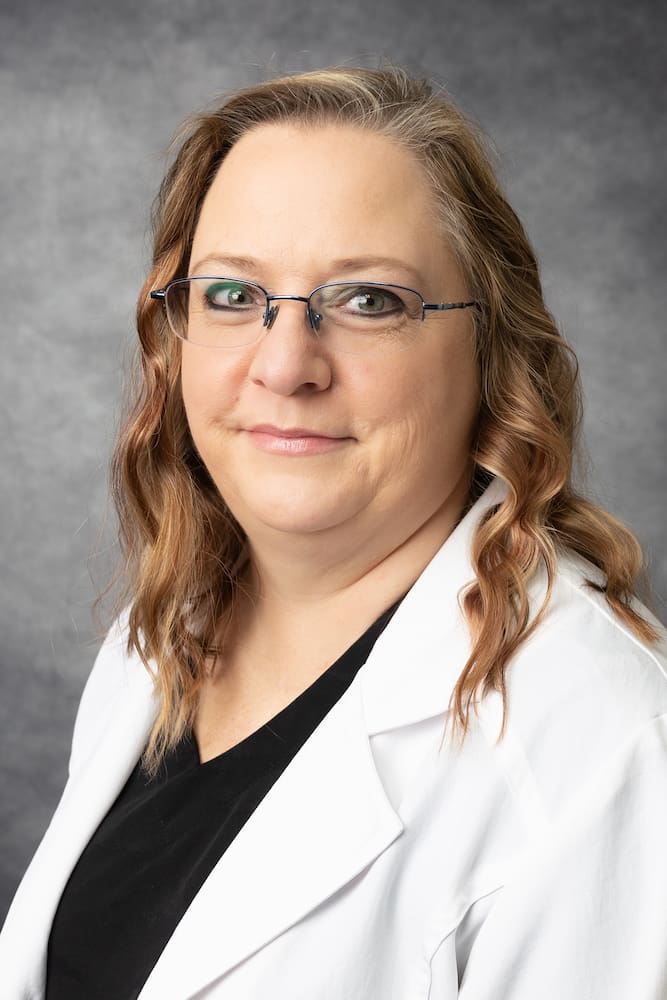Service
Progressive Care Unit
Mena Regional Health Systems’ Progressive Care Unit provides round-the-clock care for patients with serious injuries and illnesses. The unit is staffed with specialty trained medical professionals who are always available to provide the necessary care and support needed by patients with special needs.
Necessary Care and Attention
Patients in the Progressive Care Unit (PCU) often require closer monitoring than those on a general medical floor. You may notice your loved one connected to devices that track heart rate, blood pressure, oxygen levels, and other vital signs. While it can be unsettling to see these monitors, they’re an important part of making sure patients get the right care at the right time. Our team uses this information to quickly recognize and address any changes in a patient’s condition. Every precaution is taken to ensure that those in our care receive attentive, timely, and appropriate treatment on their path to recovery.

Best Care Possible
You can trust that your loved one is receiving the best care possible at Mena Regional Health System. The Progressive Care Unit (PCU) at MRHS provides specialized, attentive care for patients who need closer monitoring than a general hospital unit. With advanced monitoring equipment and a dedicated team of healthcare professionals, our PCU ensures patients get the timely, personalized care they need on their journey to recovery.

Our Progressive Care Unit at Mena Regional Health System is a 4 bed PCU in which we provide care for a wide variety of patients and illnesses such as:
Diabetes
Severe Respiratory Conditions
CHF
Post Operative Patients
Chest Pain
Electrolyte Imbalances
Stroke/TIA
Advance Directives
Assigning advance directives can be beneficial if you or a loved one may require progressive care. A patient in progressive care may not be capable of answering the care team’s questions, so in these instances, nurses and doctors will refer to a patient’s advance directive or consult a trusted individual designated by the patient. If no advance directives are noted, the care team may speak with the closest family members or make a medical decision based on their best judgment.
Creating advance directives does not necessarily require a lawyer. You can write down your instructions and show them to hospital staff. If you have any questions, feel free to ask.
Featured Staff
Toni Surber, RN
Med-Surg and PCU Clinical Director

